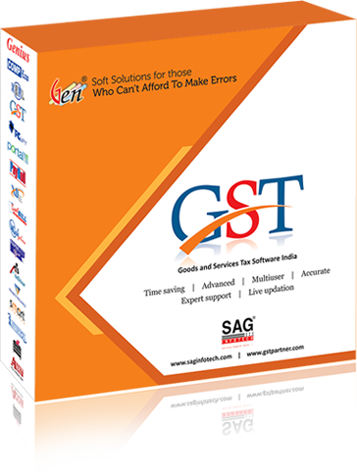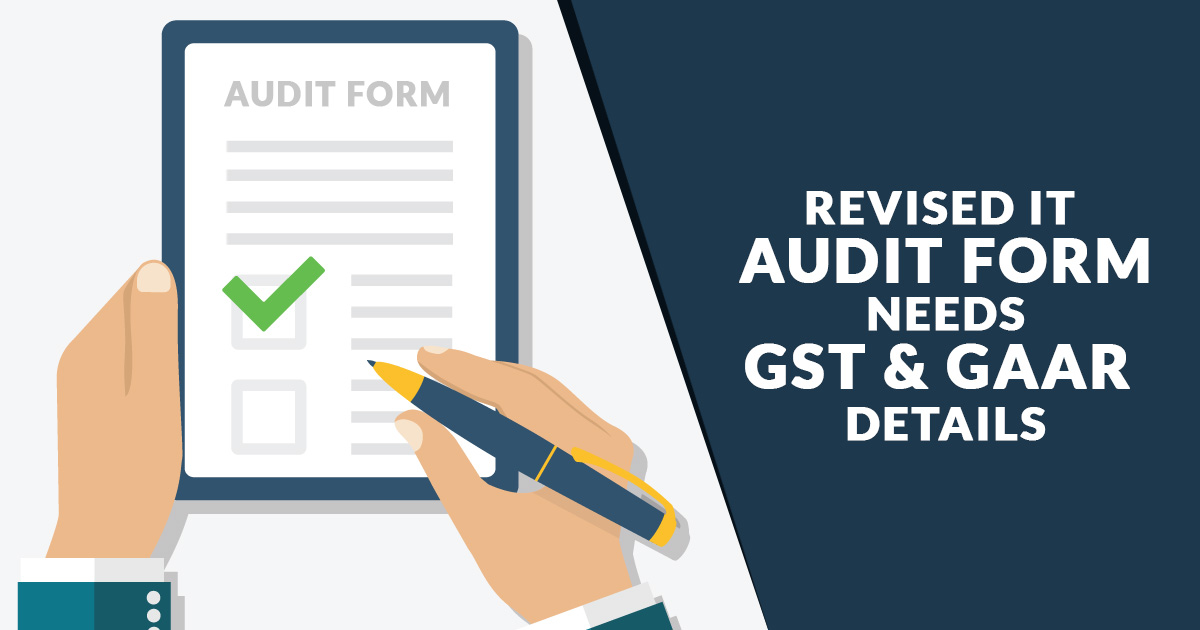The income tax (IT) department has replaced an old tax audit form with a new one that now also requires professionals and companies to provide the details of GST (Goods and Services Tax), GAAR (General Anti-Avoidance Rules) and secondary adjustments in transfer pricing.
The audit form 3CD is mandatory to be filled by all companies and professionals who are eligible for tax auditing. In simpler words, this audit form is required to be filled by all professionals whose gross annual income is over Rs 5 million and companies whose annual turnover is over Rs 10 million.
The form needs GST registered and non-registered taxpayers to provide a break-up of total expenses. It also seeks the details of any impermissible avoidance arrangement that the assessee may have entered.
“Whereas most of the changes sought in the form appear to be logically driven by the recent changes in law, the one relating to GAAR is interesting in so as much that it requires the auditor to call out impermissible arrangements,” says PwC India partner Frank D’souza.
The GAAR provision, which was implemented on April 1, 2017, enables the tax department to scrutinize any transaction that appears to be structured with the aim of evading taxes.
Read Also: GST vs Income Tax – Impact of GST on Income Tax Collection in India
At present, GST details are provided separately by those companies that are not eligible for tax audits.
The changes are expected to be in effect from August 20. In addition to the GST and GAAR details, the new audit report will also capture other things like specific financial transactions, country-by-country reporting (CbCr) and deemed dividend.
Once the new changes come into effect, the companies will have to furnish their GST details with tax audits. The purpose of this inclusion is to enable the Income Tax department to match GST data with ITR to find evasion of direct taxes, if any.
According to D’souza, the new audit form changes will cause extra burden on the auditor, mainly because the area is surrounded by interpretation issues and there is virtually no concept of precedence.
Nangia Advisors partner Prateek Agarwal said the scope of tax audits has further improved after these new inclusions, which require many significant procedures in the auditing process. “We also expect that Institute of Chartered Accountants of India will also issue the guidance on performing the procedures on these additional requirements very soon,” he added.






